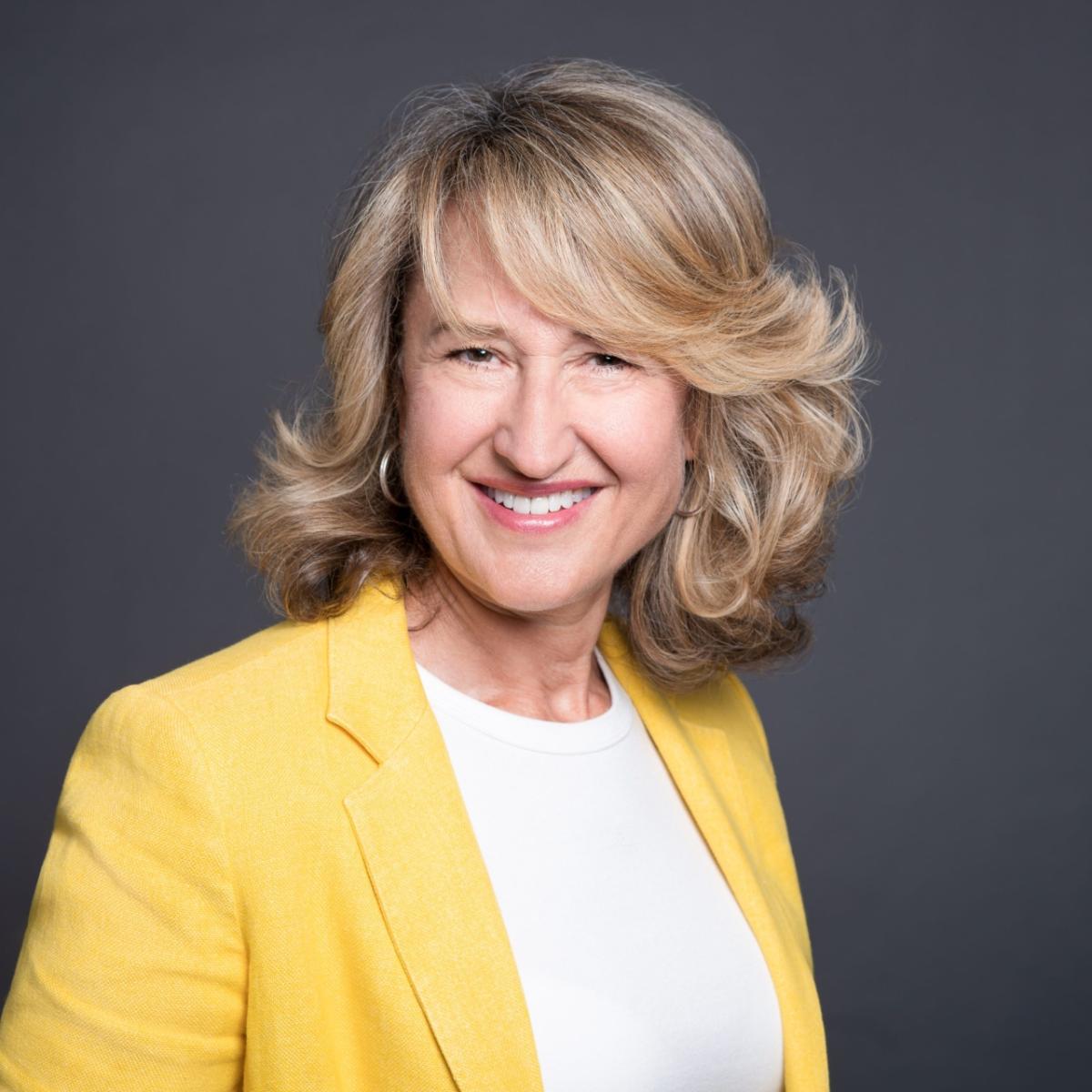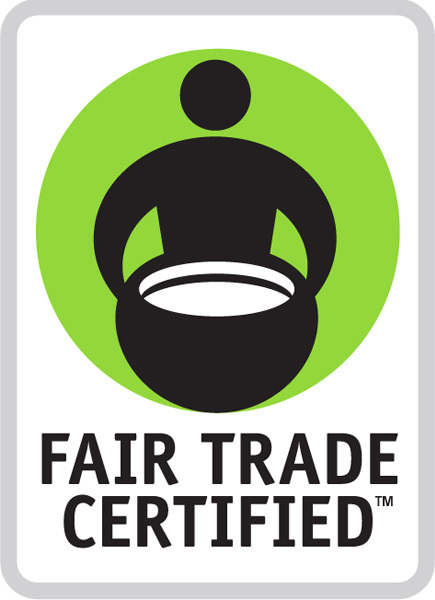Accelerating ESG Impact With Fair Trade Certified

Accelerating ESG impact with Fair Trade Certified
by Leilani Latimer, Chief Commercial & Marketing Officer, Fair Trade Certified
October is Fair Trade Month, when we and many organizations raise awareness about the importance of fair trade. This year we have a lot to celebrate — having surpassed the milestone of delivering $1 billion in financial impact to farmers, fishers and workers across the globe over our 24 years. And we won’t stop there. While we remain acutely aware of the many crises the world continues to face, we are optimistic that, in partnership with leading brands, we can scale the impact of supply chain certification and deliver on the United Nations’ Sustainable Development Goals (SDGs).
Our mission is to improve workers’ livelihoods; build resilient, transparent supply chains and protect the environment. The SDGs target the very solutions we prioritize, and address these and future global crises, but to reach impact at scale, we must pick up the pace. That means partnering with more leading brands who make bold commitments to supply chain certification, more deeply connecting the “buy” and “supply” side of this marketplace and increasing awareness of successful outcomes and impact.
Lean-in with leaders
Today leading brands are committing to sustainable sourcing and ethical practices with Fair Trade Certified. They are making long-term sustainability commitments to certify larger volumes of product, and hence go deeper into their supply chains to drive bigger, bolder change.
Keurig Dr Pepper (KDP), one of our longest-running partners, is the largest purchaser of fair trade coffee in the world and has been for 12 years.
“Fair Trade Certified is the only program that sets a minimum price and requires a specific social development premium per pound of coffee purchased,” Whitney Kakos, Director of Sustainable Supply Chains at Keurig Dr Pepper, said of her team’s perspective. “Given the high volatility of the coffee market, these economic measures bring more stability to farmers and cooperatives, allowing them to invest in their farms and communities, ultimately providing more longevity and security for KDP’s value chain.”
Kakos explained how KDP gained insight over decades of engagement and investment in coffee.
“We have seen that Fair Trade Certified cooperatives provide a solid foundation that KDP builds on by further investing in deeper impact programs — like increased farmer income and restoring nature,” she added.
BLK & Bold became Fair Trade Certified in 2018 and just announced a new, values-aligned partnership with KDP as it scales its business.
Sourcing with Fair Trade Certified fits with the company’s priorities, according to Pernell Cezar, BLK & Bold Co-founder and CEO.
“We see working to strengthen the supply chain, upholding human rights and farmers’ rights as expected business practices,” he said. “For BLK & Bold, the next phase of sustainable business practice is to support consumers to have a direct hand at making a positive impact. This is where we look to complete the cycle of business impact and social responsibility.”
Build bigger bridges
Our Fair Trade certification program has three unique features, which serve as the foundation, arch and pillars for the bridge that we’ve built, and continue to strengthen, with stakeholder partnerships on all sides of the supply chain marketplace.
The first and foundational aspect of our program is the Community Development Fund premium, which is non-negotiable. This means that for every product traded and purchased on fair trade terms, a premium is paid to workers, farmers and fishers who democratically vote on how to invest it. The Fair Trade Premium, along with the fair trade minimum price, have generated an additional $1 billion in income in 51 countries over 24 years.
Essential to this program is our hands-on approach to implementation. Our robust training programs and assessment tools assist producers in managing their community investments, and we monitor and evaluate outcomes and impact. Since our standards are aligned with the SDGs, we track over 120 indicators, such as frequency of missed meals, access to potable water and available money-lending sources. We can provide this data to traders or buyers as proof of their impact aligned to the SDGs.
The second feature is the breadth and depth of our reach. Fair Trade Certified spans many product categories, including produce, dairy, seafood, coffee, tea, apparel, home goods and footwear. We are therefore uniquely positioned to support importers, brands, retailers and distributors as they map their sustainability strategies. By connecting them to the supply side of the fair trade program we help them de-risk areas of their supply chain and add value to their product lines.
The third aspect of our program is consumer engagement. If there is one positive outcome from the COVID pandemic, it’s that the average person has learned the meaning of the term “supply chain” and its importance. It took not seeing toilet paper on the shelves to ask, “Where do these products come from, and who makes them?” What Fair Trade Certified stands for suddenly became obvious; people in far corners of the world behind these products were not earning a livable wage and were struggling even before COVID shut down operations.
Now more than ever, consumers want to purchase with purpose, even with rising costs. At 66 percent consumer awareness, our seal is the second most recognized sustainability seal in the U.S., just four points behind USDA organic, and we continue to see an encouraging shift among the public.
Celebrate and share success stories
To achieve the growth we envision and the impact we aspire to, we must celebrate and share more meaningful stories and successful outcomes. This includes proving the value of social, environmental and economic impact in a way that inspires others to action.
Here is an example: In a recent household survey we conducted in Nogales, Mexico on behalf of a large retailer, 85 percent of workers across 13 farms said that Fair Trade Certified improved their lives in the last 12 months. Eighty-eight percent said they would return to the farm the next season, compared to a 61 percent industry average. Surveys from certified factories tell a similar story; while high turnover at factories is typically a universal pain point, 82 percent of workers at Fair Trade Certified factories said they planned to return the next season.
This kind of supply chain resilience can be shared and celebrated in different ways by different stakeholders. These are employee satisfaction and retention results which in any organization link to better productivity, product quality, brand reputation and improved profitability.
Our goal is to find new, even more engaging ways to work, and to quantify and communicate our partners’ impact. A great example of how leading brands use these stories to engage their customers is Whole Foods’ Sourced for Good program, which includes amazing producer stories to connect customers to impact.
Similarly, J.Crew has a commitment — for over 90 percent of its cashmere and chino collections to be produced in Fair Trade Certified facilities by 2025 — front and center on its website, along with links to the impact stories.
Another example is Sam’s Club’s recent commitment to have 100 percent of its own brand coffee, tea and cocoa products become Fair Trade Certified by 2025. This commitment appears on its website, where it also shares that its Member’s Mark Colombian Supremo coffee is purchased directly from a Fair Trade Certified co-op of farmers and growers, contributing to additional income and investing funds in their communities.
Conclusion
One billion dollars into this journey, we are ready to get to the next $1 billion by working enthusiastically with partners who, like us, feel the urgency for impact. Together we can deliver on critical UN Sustainable Development Goals by building resilient supply chains, improving livelihoods and protecting the environment. Join us.

